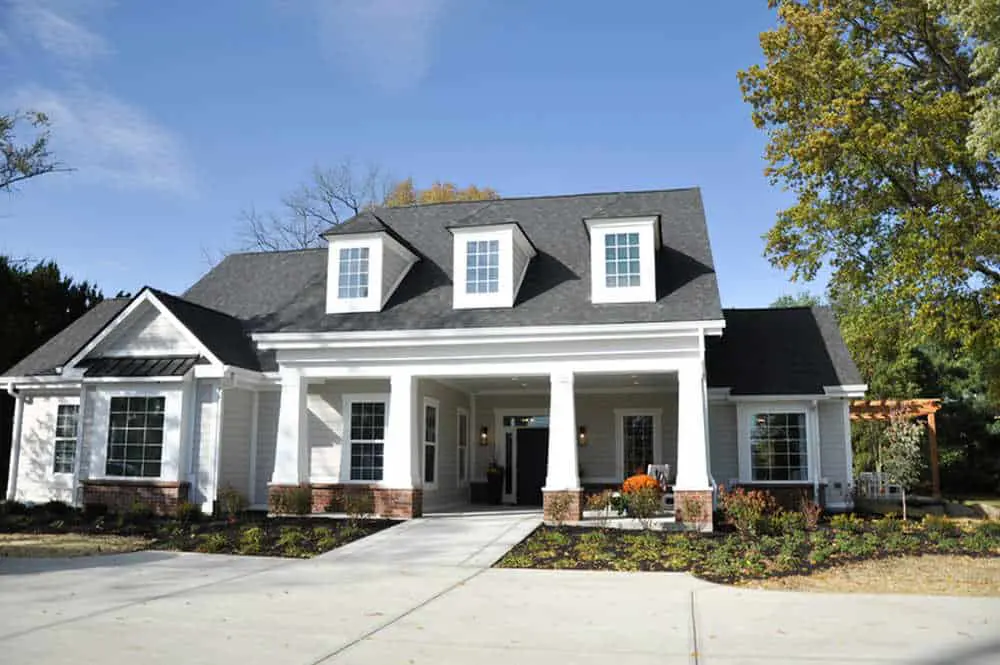
At Story Cottage of West Clay, you’ll have peace of mind knowing your loved one resides in a comforting home with premium safety features, surrounded by peers and a nurturing staff. Join the waitlist for our new Carmel location today.
(Click on the images to enlarge them.)



